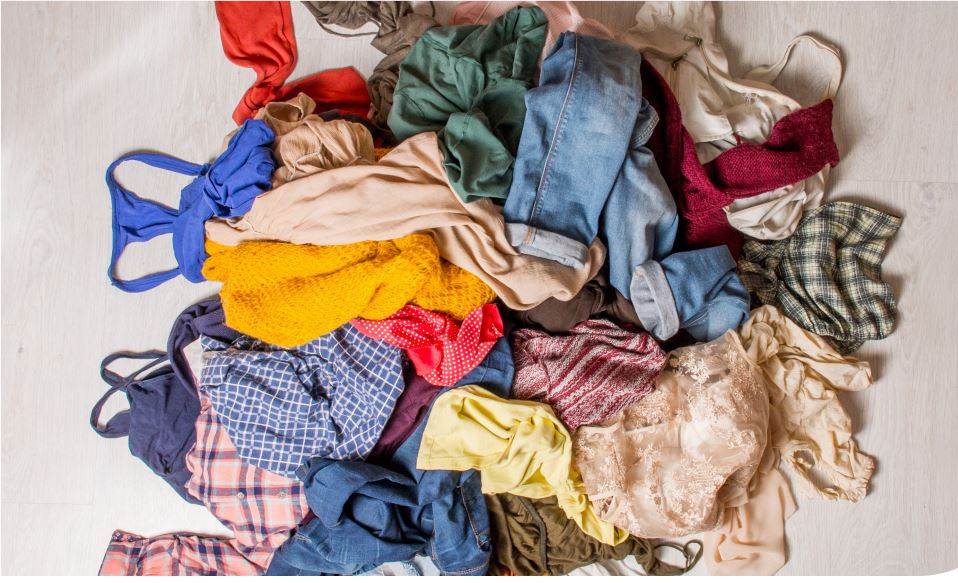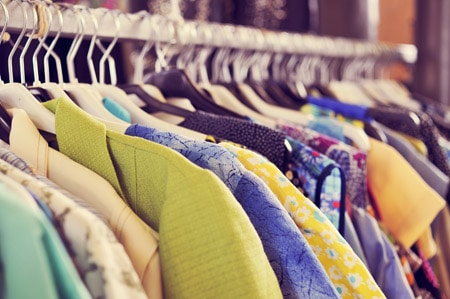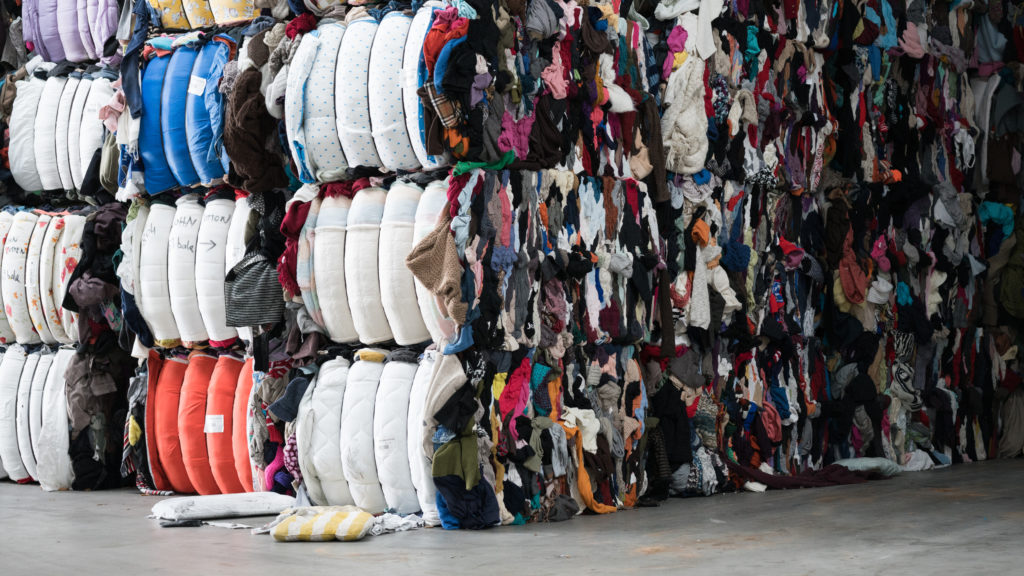And, speaking at a ministerial briefing held yesterday (December 16), Dr Dorothy Maxwell, also said that discussions had been held about the “feasibility” of introducing a system of producer responsibility for UK textile recycling and reuse.

We think there's a lot the clothing industry can do to make itself more sustainable
Lord Hunt, Defra
The briefing was held ahead of the full launch of the Sustainable Clothing Roadmap, to be held at London Fashion Week in late February 2009, although two earlier stakeholder meetings for the Roadmap have already taken place since it was first unveiled in July 2007 (see letsrecycle.com story).
At the briefing Defra minister Lord Hunt said that: “We've been working hard with a lot of people in the clothing sector, we've had a lot of encouragement from people in the clothing sector.”
“We think there's a lot the clothing industry can do to make itself more sustainable,” he explained, adding that “I'm very hopeful the launch in February will give it a great fillip.”
Dr Maxwell told attendees that increasing textiles recycling and reuse rates was one of the key aspects of the roadmap project.
“We generate two million tonnes of waste clothing per year, 63% goes to landfill, only 16% is recycling – that's pretty poor, we'd like to increase that,” she explained.
While Defra figures reveal that the amount of textiles recycled has increased from 59,000 tonnes in 2003/04 to 113,000 tonnes in 2007/08, this has come alongside an increase in clothes consumption with the advent of 'fast-fashion'.
Dr Maxwell said that, among the areas the project was looking at was in-store take-back of textiles, and recycling both school wear and corporate wear, which – due to their high synthetic content – could offer opportunities for closed-loop recycling.
Referring to those goals, Lord Hunt commented: “Programmes to recycle school wear are something, as a parent, I would've really welcomed myself.
Maximising
Last month Defra announced that it had appointed Buckinghamshire-based consultancy Oakdene Hollins to undertake an evidence project on 'Maximising reuse and recycling of UK clothing and textiles' as part of the roadmap (see letsrecycle.com story).
And, Dr Maxwell revealed yesterday that, within that project, there were plans “to look at if you trial textiles with householders' commingled collection, how much clothing will get, and what the quality of it will be.
“Also the feasibility of it and cost, if you're going to ramp it up on a national scale,” she said, adding that the area to run the pilot in was yet to be identified.
The issue of including textiles within commingled recycling collections has proved contentious in the past, with some textiles recyclers calling for them to be collected separately to avoid contamination (see letsrecycle.com story).
And, in March 2008, the Textiles Recycling Association revealed that it had joined the Campaign for Real Recycling (see letsrecycle.com story), which has opposed commingled collections in the past.
Producer responsibility
The March 2008 stakeholder meeting for the roadmap saw discussion about the possibility of introducing a system of producer responsibility for textile collection, reuse and recycling (see letsrecycle.com).
And, when asked yesterday whether there could be a system for producer responsibility introduced in the UK, Dr Maxwell said: “There could well be, we've discussed this a lot.
However, she added that “the European Commission is not particularly interested in that,” explaining that “we're looking at the feasibility of that, what would be the pros and cons of that for the EU market, whether it could put the UK at a competitive disadvantage.”
While France is in the process of bringing in an 'eco-levy' on textiles manufacturers, Dr Maxwell pointed out that, after introducing producer responsibility for areas such as packaging and electronics, within the EU, “clothing hasn't been identified as one that would be a follow-on at this point.”










Subscribe for free